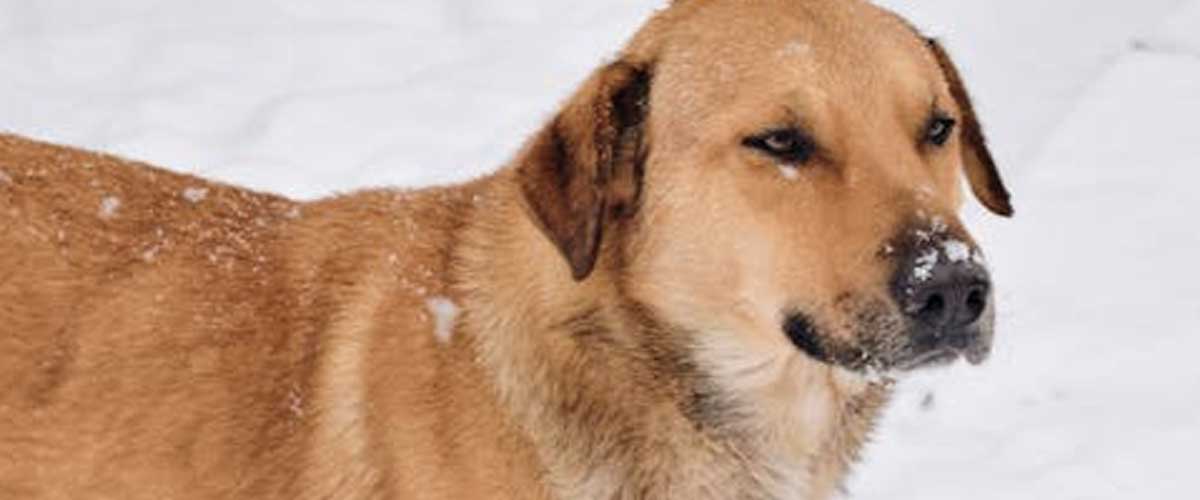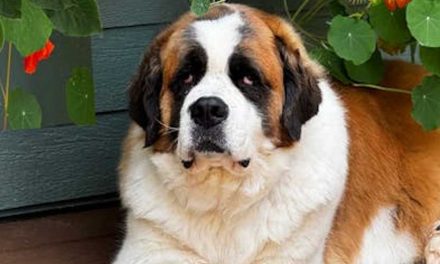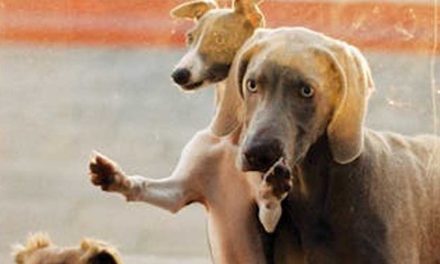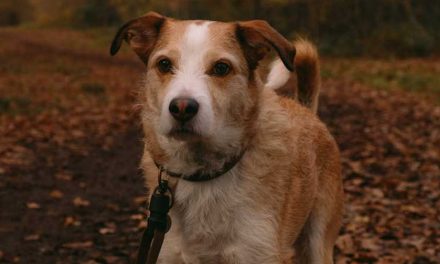The Chinook is a relatively rare and unique dog breed that has captured the hearts of many dog lovers around the world.
Known for their striking appearance, friendly disposition, and incredible versatility, Chinooks possess qualities that make them excellent companions as well as dedicated working dogs.
History and Origins
The Chinook breed originated in the early 20th century in the United States, specifically in New Hampshire.
They were developed by a man named Arthur Treadwell Walden, who aimed to create a sled dog capable of pulling heavy loads in harsh weather conditions while also being friendly and adaptable to family life.
The breed derives its name from the Chinook people, a Native American tribe residing in the Pacific Northwest.
Initially bred from various registered breeds including the Greenland Dog, the Siberian Husky, and the German Shepherd, Chinooks have a well-rounded genetic background that contributes to their intelligence and resilience.
Though they were primarily used as sled dogs for transportation and hauling in competitive settings, they have also been cherished as family pets due to their gentle nature.
Appearance
Chinooks are medium to large-sized dogs, typically weighing between 50 to 90 pounds.
They possess a strong, muscular build with a wedge-shaped head and a thick, double coat that can vary in color from fawn to reddish-brown, often with darker facial masks.
Their expressive, almond-shaped eyes can be brown or hazel and exude warmth and intelligence.
One of their distinctive features is their bushy tail, which curls over their back when they’re feeling happy or excited.
Temperament
Known for their friendly and gentle demeanor, Chinooks tend to be good-natured and sociable.
They are particularly good with children and make excellent family pets.
Their affectionate nature often leads them to form strong bonds with their families, and they thrive on companionship and social interaction.
Chinooks are intelligent dogs, which makes them highly trainable.
They are eager to please and respond well to positive reinforcement techniques.
However, they can exhibit a stubborn streak, so consistent training and socialization from a young age are essential to ensure they grow into well-adjusted adults.
Chinooks are known for their good problem-solving skills, making them apt at learning various commands and tricks.
Exercise and Activity Level
As a breed originally developed for sledding and working, Chinooks possess high energy levels and require ample physical and mental stimulation.
Regular exercise is crucial to keep them happy and healthy; daily walks, runs, or play sessions are necessary to satisfy their activity needs.
They excel in various canine sports such as agility, obedience, and even dog sledding, making them suitable for active individuals or families.
Health and Grooming
Chinooks are generally healthy dogs, but, like all breeds, they can be prone to certain health issues.
Potential health concerns include hip dysplasia and eye conditions, so regular veterinary check-ups and a healthy diet are essential for maintaining their health.
Grooming needs are moderate; their thick double coat sheds year-round and more heavily during seasonal changes.
Regular brushing will help manage shedding and keep their coat in good condition.
Bathing should be done as needed, depending on their lifestyle and activities.
Conclusion
The Chinook dog breed, with its rich history and delightful characteristics, is a versatile companion that thrives in active households.
Their loyalty, intelligence, and friendly nature make them a joy to have in the family.
For those who can provide them with the exercise and attention they require, a Chinook can be a loving and devoted friend for years to come.
Whether you’re looking for a sledding partner or a cuddly family member, the Chinook stands out as an exceptional breed with a lot to offer.













